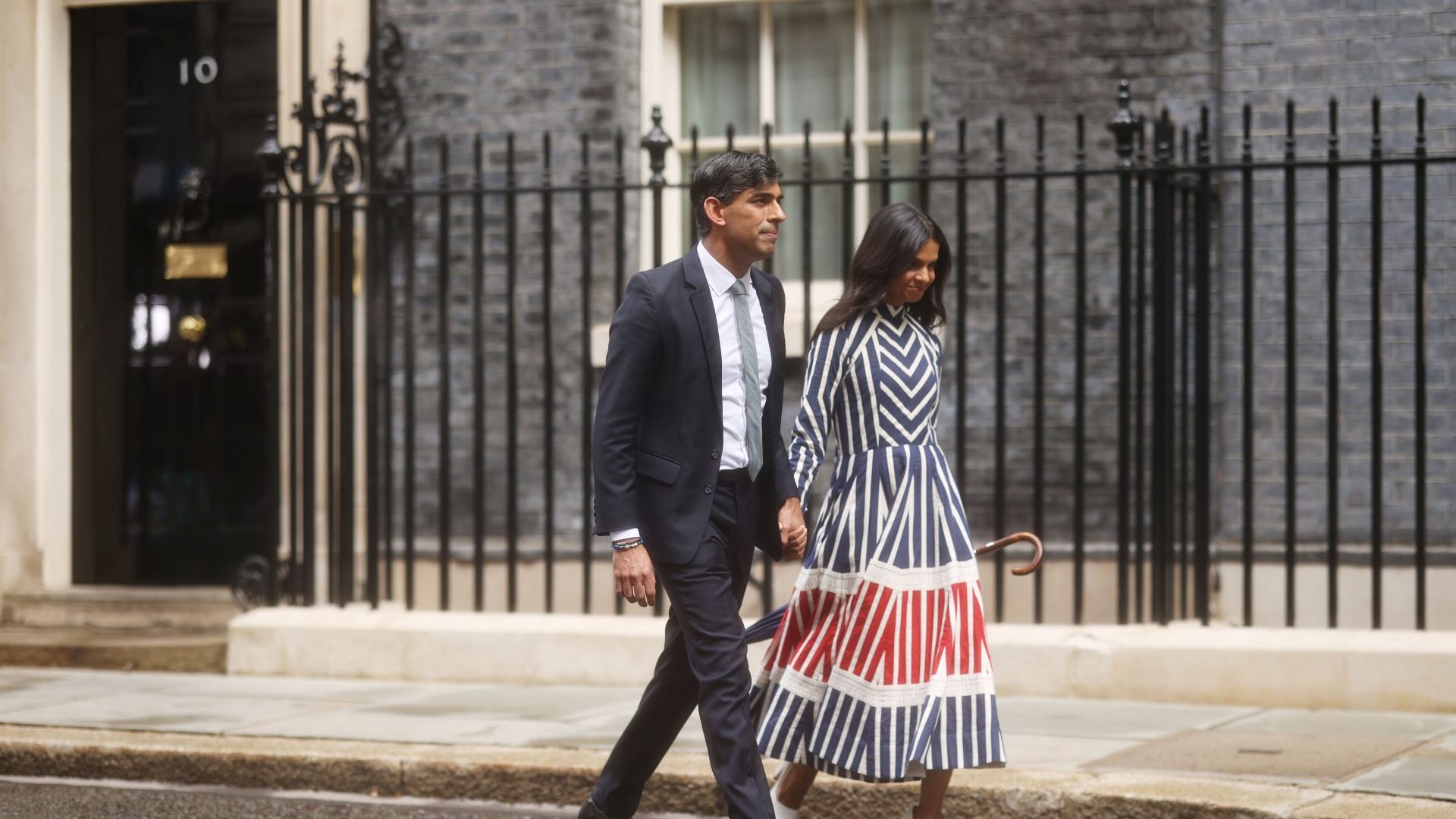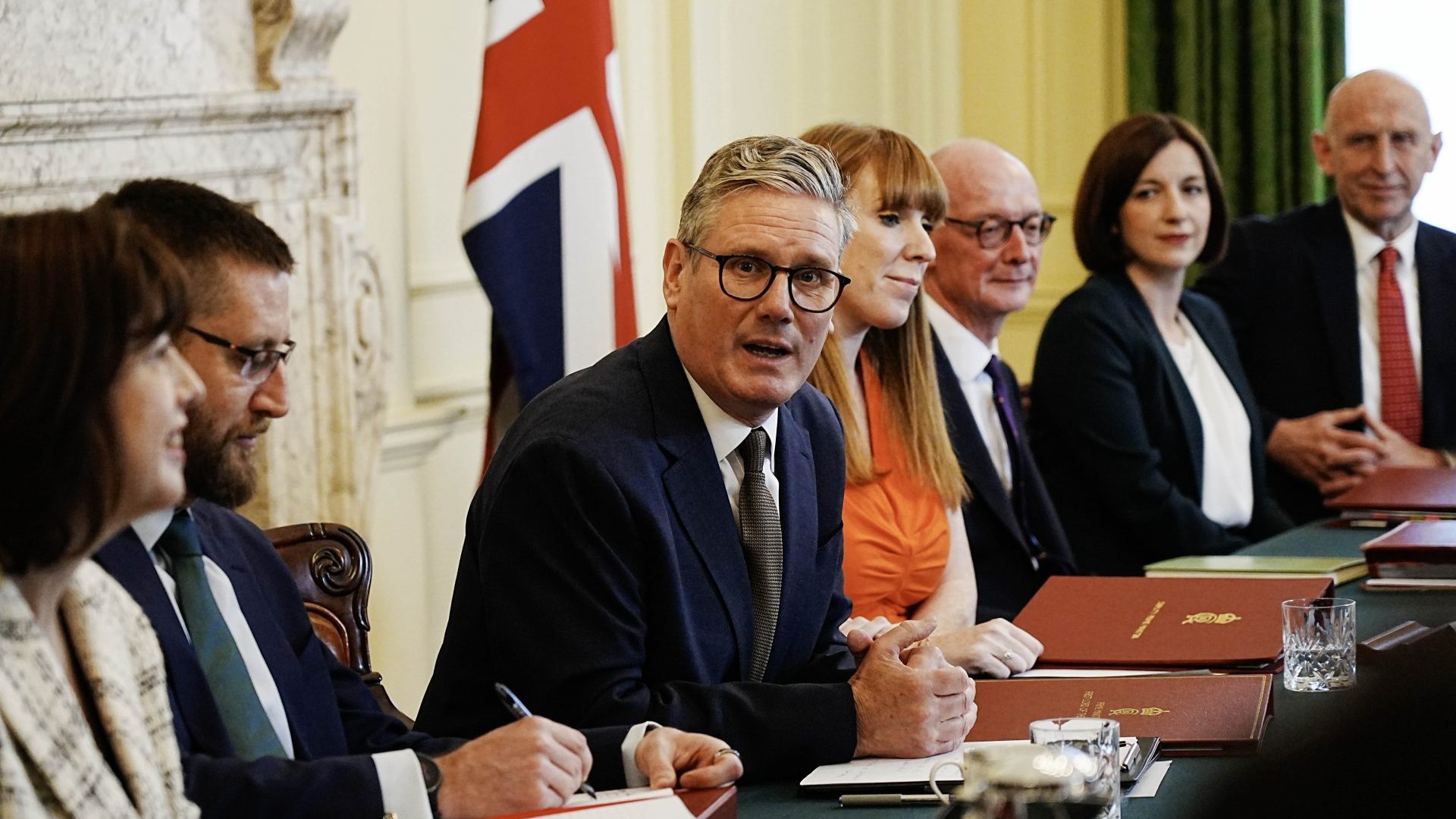Rishi Sunak has achieved the accolade of leading the Conservatives to their greatest defeat for almost two centuries. His successor faces the even greater ignominy of leading the party to total obliteration.
Sunak has said that he will stand down once the arrangements for appointing the next leader have been finalised, and who can blame him for wishing to make a rapid escape? Trying to corral a collection of angry ferrets would be relatively simple compared with presiding over the unruly rabble that has for decades constituted the Conservative parliamentary party.
Although now much reduced in numbers and with a significant proportion of newcomers, the factions that have made the Tories far more effective at fighting themselves rather than taking on their opponents – let alone tackling the issues that really matter to the country – remain. Uniting them looks increasingly like an impossible task.
After a defeat on the scale of this one, a wise loser might feel that a period of quiet reflection and analysis would be sensible before taking any major decision about the way ahead. That is an option that seems likely to be denied to the Conservatives and, even if there were some of their MPs who favoured finding a way of engineering it, time would be unlikely to reveal a means of reconciling its extremists with the moderates.
So it seems that before very long there will be a repeat of the deeply flawed process that delivered the very deeply flawed Liz Truss to No 10 Downing Street. The parliamentary party will settle on two members whose names will be put to the membership to elect the next leader. At least this time that membership will not be wielding their appalling judgment to inflict a new prime minister on the country, as they did with Boris Johnson and Truss.
Many will be the same people who opted for Johnson when the alternative on offer was Jeremy Hunt and the chances are that they remain firmly convinced that they made the right decision. After all, Hunt favoured the UK remaining in the EU. For the already shrunken Tory party membership, Brexit was a crucial issue then and it remains so now: although the majority of the country recognises that it was a ludicrous error, Conservative party members do not. Plenty of them have already defected to support Nigel Farage, whether at Ukip or in his latest incarnation as leader of Reform.
Hunt, having held on to his seat, has ruled himself out of the upcoming contest. The ambitions and delusions that can propel MPs to see themselves as potential prime ministers, when all the evidence is to the contrary, will ensure that the early field of contenders is very crowded.
The current favourite with the bookmakers is Kemi Badenoch, the former trade secretary who persisted in extolling the ease of exporting post-Brexit as she tried to negotiate deals whose effect on the UK’s earnings would be barely discernible. Badenoch chimes with the members in her views on immigration and “wokery”: she’s not keen on either. The same is true, even more stridently with two others who are likely contenders, former home secretaries Suella Braverman and Priti Patel.
Robert Jenrick, who had once been seen as quite moderate, resigned as an immigration minister because he did not think that Sunak’s Rwanda policy for dealing with illegal migrants was tough enough. It might be cynical to consider that he was responding to the mood of the Tory Party rather than a revelation about a policy which was failed before conception and yet he had previously supported. It does, though, make him look like another possible leadership contender.
The relative moderate who was thought to have the best chance of following Sunak, Penny Mordaunt, was booted out by the electors of Portsmouth so is excluded. Although a Brexiteer, her speech on hearing her fate was a call to avoid extremism. Her skills as a sword-carrier at the coronation of King Charles earned her unlikely kudos amongst the party and if anyone from the centre could have stood a chance, it would have been her.
Now the bookmakers have Tom Tugendhat as the centre’s leading candidate but his previous outing as a leadership candidate was not impressive.
The raft of new Conservative MPs now heading to Westminster will face a barrage of lobbying from people of whom they have scant knowledge but who think they might just be in with a chance. But the name dominating this contest will belong to someone who is not even a member of the Conservative Party: Nigel Farage.
Some Conservatives thought that they should have invited the ace populist into their tent but even Boris Johnson thought that would be taking to ludicrous extremes the idea of the party as a “big tent”. Nevertheless, the deluge of votes that moved to Reform, from both Labour and Tory, has added to the conviction of Braverman and her like that the only future for the Conservatives is to move wholeheartedly into Reform’s territory.
That would be intolerable for the remaining one-nation Tories but they would stand no chance of surviving as a standalone party. Despite the march of populism across the western world, there is still support for a moderate, centrist political group. The problem for moderate Tories is that Labour has seized that ground. A moderate Conservative Party has effectively been rendered redundant.




